Benefits of Corn forage for Dairy Cows: A Complete Guide

The benefits of Corn forage are manifold, making it a great food choice for dairy cows. Corn silage is a nutritious feed that contributes to the health of cows and helps farmers save money. In this guide, we’ll explore why Maize forage benefits dairy cows, the elements that make it a healthy choice, proper care techniques, and its positive environmental impact.
Table of Contents
Introduction
Dairy farmers always want their cows to be healthy and productive without spending too much money. They have started using Grain silage, made from the whole corn plant and stored after fermenting it. This feed has become popular because it helps cows produce more milk, keeps their digestion healthy, and increases profits. To make the most of Corn fodder, it’s important to know its advantages and how to use it correctly.
Nutritional Composition of Corn forage
Corn forage is packed with important nutrients essential for keeping dairy cows healthy and productive. It has just the right amount of carbohydrates, proteins, fats, fiber, vitamins, and minerals that cows need. The amount of water in Corn fodder is also really important. It affects how the silage is made and stored and how good it is for the cows.
Benefits of Corn forage for Dairy Cows
Increased Milk Production
Corn fodder has a lot of energy, which helps cows make more milk. It has fiber and starch that are easy for the cows to digest, so they can make more milk without getting too tired.
Improved Digestive Health
The fiber in Corn forage keeps dairy cows’ stomachs working well. It helps good bacteria grow and helps the cows digest their food better. This ensures they get all the nutrients they need and lowers the chance of getting sick.
Cost-Effectiveness
Corn forage can save dairy farmers money because it’s a cheap option for feeding their cows. When farmers grow their corn, it becomes even more cost-effective. By using Corn fodder as a big part of the cows’ diet instead of buying expensive commercial feeds, farmers can spend less on feed and make more money from their farms.
Consistent Feed Quality
Corn forage is a reliable feed option for dairy cows all year round. Unlike fresh forages that change with the seasons, Corn fodder can be stored long without losing its nutrients. This means that dairy cows always have a steady and dependable source of food that keeps them healthy.
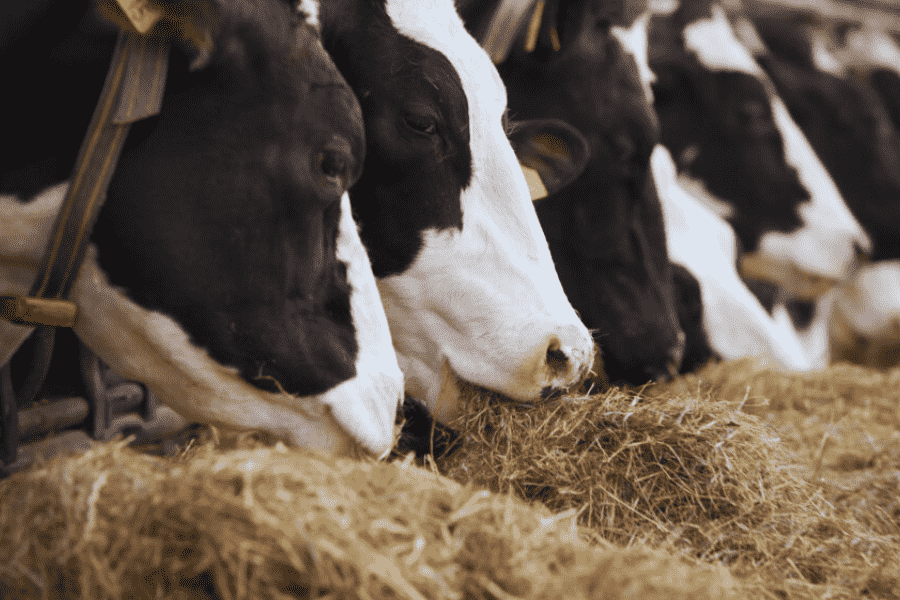

Corn Silage Management
To get the most out of Grain silage, it’s important to follow good practices in harvesting, storing, and feeding the cows. This includes cutting the corn at the right time, storing it properly, and giving it to the cows in a way that keeps them healthy and happy.
Harvesting and Storage
Harvesting the corn at the right time is important to get the best Corn fodder. This is usually when the grains are formed, and the moisture in the whole plant is around 60% to 70%. It’s also important to cut the corn into the right size and pack it tightly when storing it. This helps prevent spoilage and keeps the feed in good condition for the cows.
Feeding Strategies
When feeding dairy cows, it’s important to include Corn forage in their diet smartly. This means balancing the feed to give the cows the necessary nutrients based on their production stage, body condition, and health. Working with a nutritionist to create a well-rounded diet plan that meets all the cows’ needs can be helpful.
Grain silage as a Sustainable Feed Option
Including Corn fodder in a dairy cow’s diet is a sustainable farming practice. Corn plants are good at using sunlight to grow and need fewer chemicals than other crops. Maize forage helps farmers reduce their environmental impact, making it an eco-friendly choice.
Essential Vitamins and Minerals of corn silage for Dairy Cows
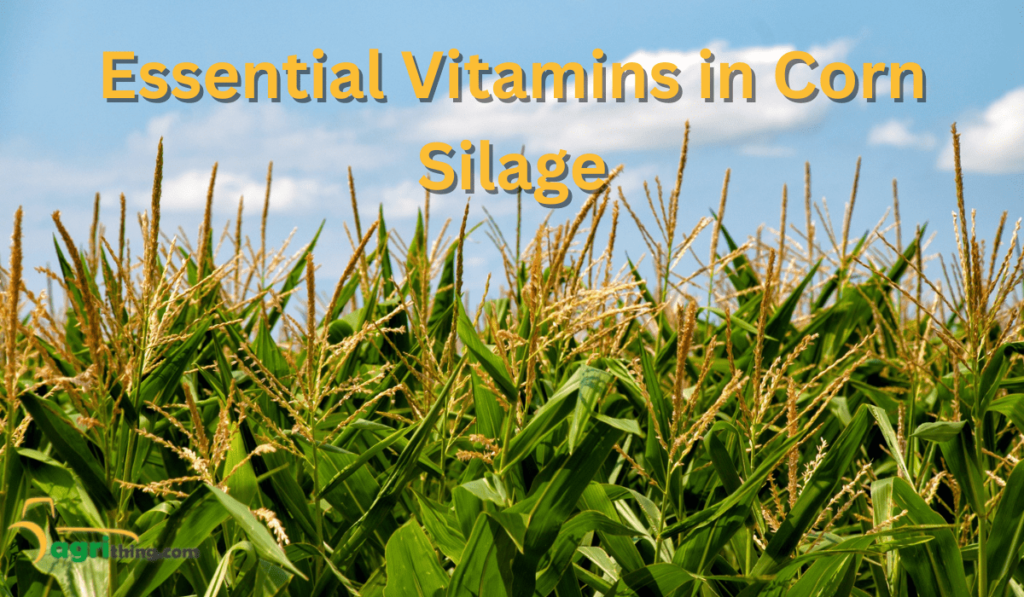

| Vitamin/Mineral | Function |
|---|---|
| Vitamin A | Promotes vision, immune function, and reproductive health |
| Vitamin D | Regulates calcium and phosphorus metabolism |
| Vitamin E | Acts as an antioxidant and boosts immune function. |
| Vitamin K | Aids in blood clotting and bone health |
| Thiamin (Vitamin B1) | Helps convert food into energy |
| Riboflavin (Vitamin B2) | Supports energy production and enzyme function |
| Niacin (Vitamin B3) | Essential for energy metabolism and digestive health |
| Pantothenic acid (Vitamin B5) | Supports energy production and hormone synthesis |
| Pyridoxine (Vitamin B6) | Assists in protein metabolism and brain function |
| Cobalamin (Vitamin B12) | Essential for nerve function and red blood cell production |
| Folic acid (Folate) | Important for cell division and DNA synthesis |
Potential Challenges and Considerations
Corn fodder has benefits, but there are also challenges to think about. You must ensure the fermentation goes well, prevent it from spoiling, check for harmful substances called mycotoxins, and ensure the cows have a balanced and healthy diet.
Enhancing Dairy Cow Health with Grain Silage
Corn forage is very important for dairy cows. It helps keep them healthy and produces more milk. It also helps their stomachs work well, helps them maintain a good weight, and makes them feel better overall. Maize forage has the right mix of energy, protein, fibre, and important minerals that the cows need to stay healthy and produce lots of milk on dairy farms.
Maintaining Digestive Health: Corn forage Benefits for Dairy Cows
Corn forage is great for dairy cows’ digestion. It has lots of fiber, which helps their stomachs work well and lowers the chance of tummy problems. The carbohydrates in Maize forage give good energy to helpful bacteria in their stomachs, which keeps them healthy and helps them use nutrients properly. These digestion benefits make Grain silage an important part of a balanced diet for dairy cows.
Conclusion
Corn forage is great for cows and farmers. It has lots of good stuff like carbs, proteins, fats, fiber, vitamins, and minerals that cows need to be healthy and make lots of milk. Maize forage gives cows energy and helps them digest their food properly. This means they get all the nutrients they need and are less likely to get sick. It’s also a cheap option for farmers because they can grow it themselves.
Maize forage is always good quality and can be stored for a long time, so it’s a reliable source of food for cows all year round. Using Maize forage also helps the environment and makes farming more sustainable. If farmers harvest, store, and feed it right, their cows will be healthy .
Frequently Asked Questions (FAQ’s)
How is corn silage made?
Maize forage is made by harvesting and fermenting corn plants in a silo.
What are the nutritional benefits of Corn forage for dairy cows?
Corn fodder provides dairy cows with essential nutrients such as energy, fiber, protein, and minerals for optimal milk production and overall health.
How much Grain silage should be fed to dairy cows?
The Maize forage fed to dairy cows can vary but typically ranges from 30 to 50 pounds daily, depending on cow weight, milk production, and overall diet composition.
Can corn silage improve milk production in dairy cows?
Corn fodder can improve milk production in dairy cows due to its high energy content and nutritional value.
How does Corn forage compare to other dairy cows’ feed types?
Corn fodder is often preferred over other types of feed for dairy cows due to its high energy content, palatability, and ability to provide a balanced mix of carbohydrates, proteins, and fiber.
Want to learn more about Corn silage? Visit our Agricomplex website. Easy and helpful information just for you!
People Also Asked
Is Grain silage suitable for all dairy cows?
Maize forage can work well for most dairy cows. But remember to consider each cow’s needs, health, and where they are in their production cycle when planning their diet.
How should corn silage be stored?
To keep Corn fodder fresh and prevent it from spoiling, it’s important to pack it tightly in a silo. Pay attention to moisture levels, compact the fodder effectively, and cover the silo correctly.
Can Grain silage replace other types of feed completely?
Corn fodder is an important part of a dairy cow’s diet, but it’s not the only thing they need. A well-balanced ration usually includes other foods like grains, forages, and supplements to meet their nutritional needs.
What factors affect the nutritional quality of Grain silage?
The quality of Maize forage can be affected by various factors such as maturity during harvest, moisture content, storage conditions, and the presence of contaminants or mycotoxins.
Where can I learn more about corn silage management?
To learn more about corn silage management, you can search online for articles and websites, reach out to your local agricultural extension office, or contact nearby farms and agricultural organizations for guidance.

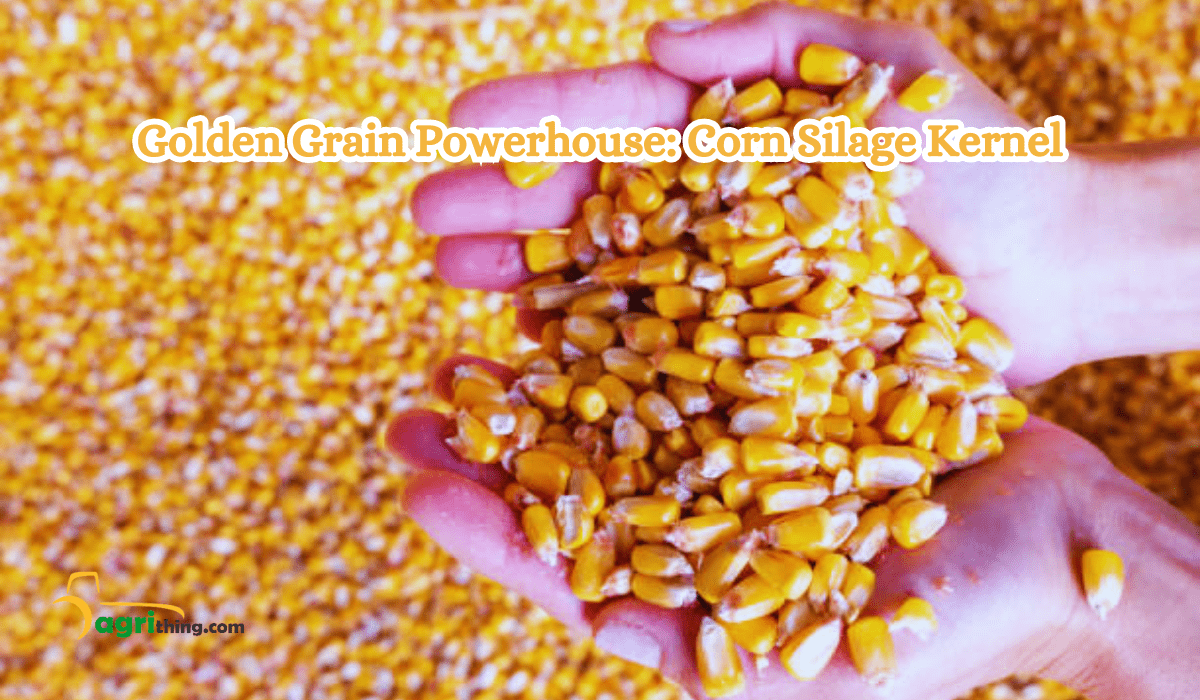
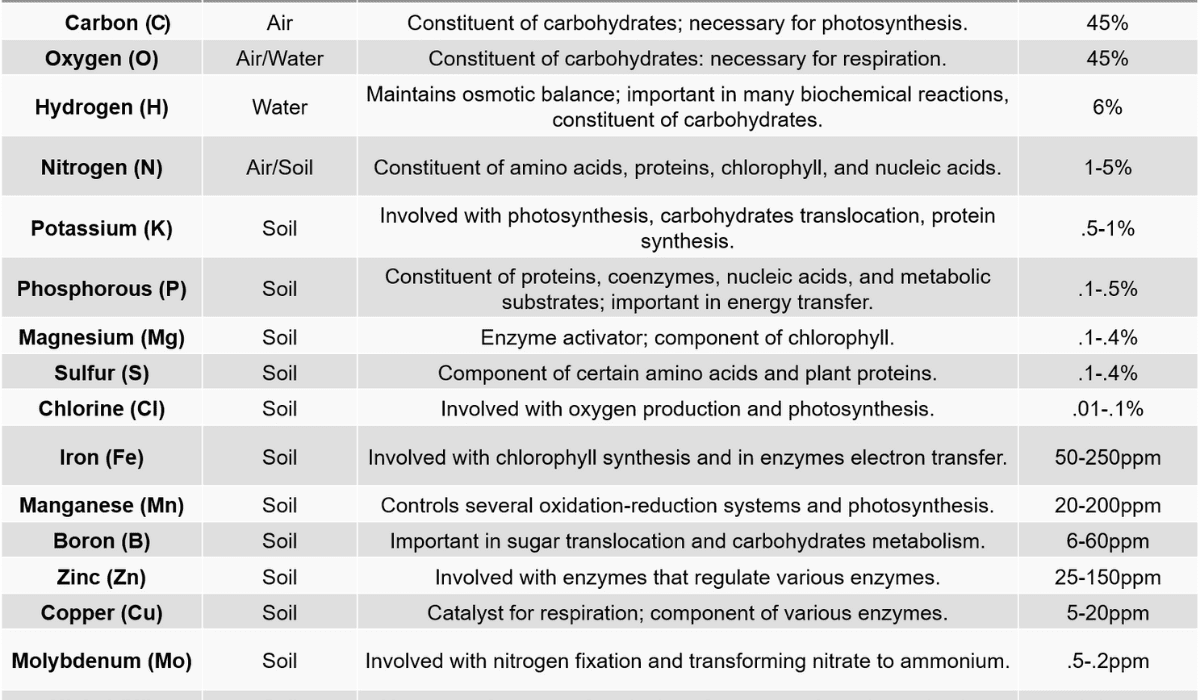
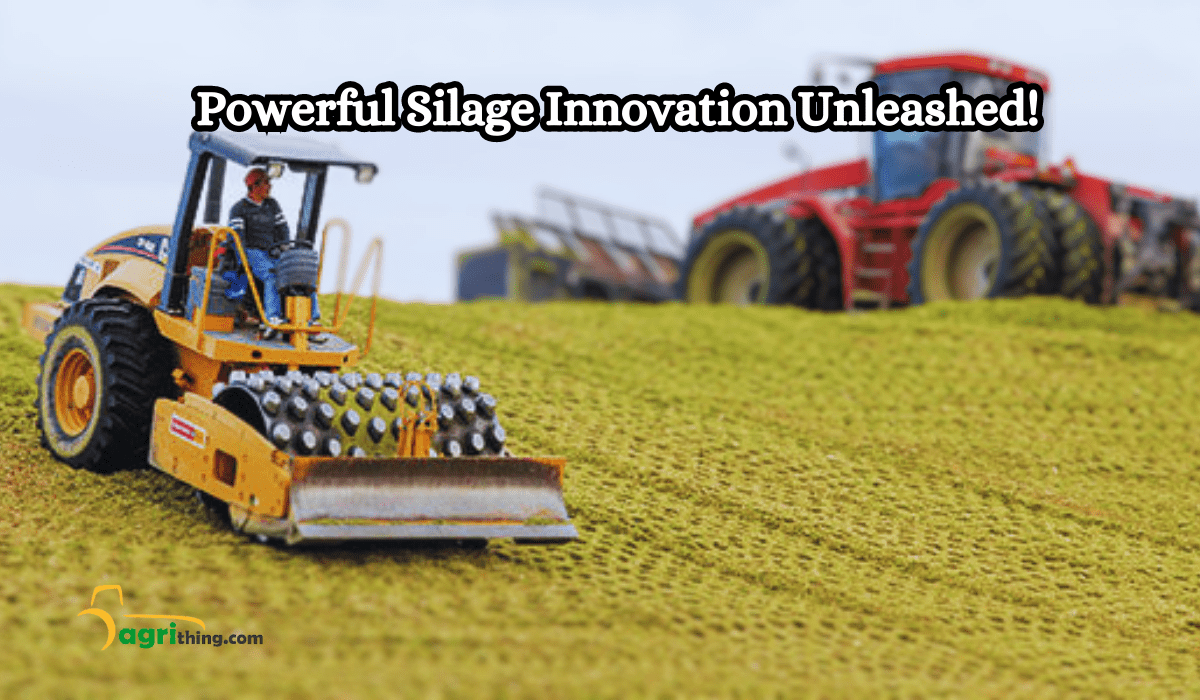
Leave your comment